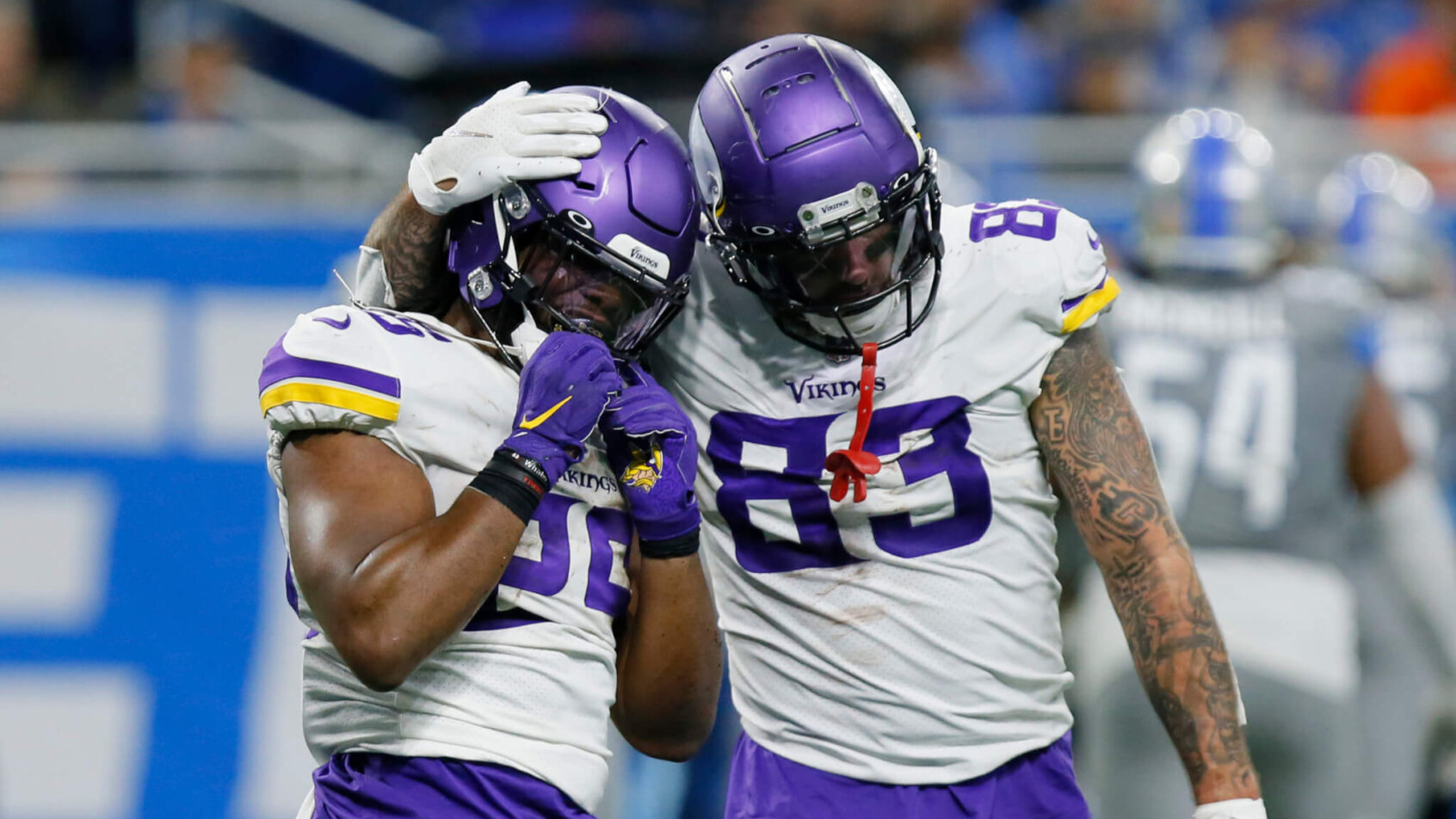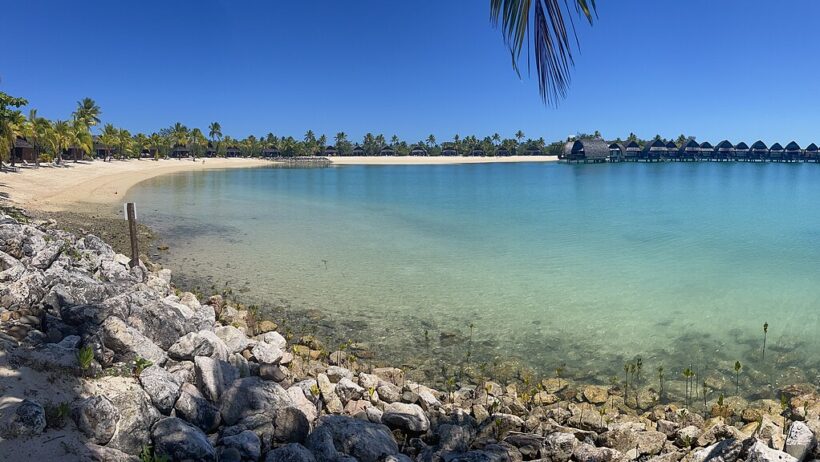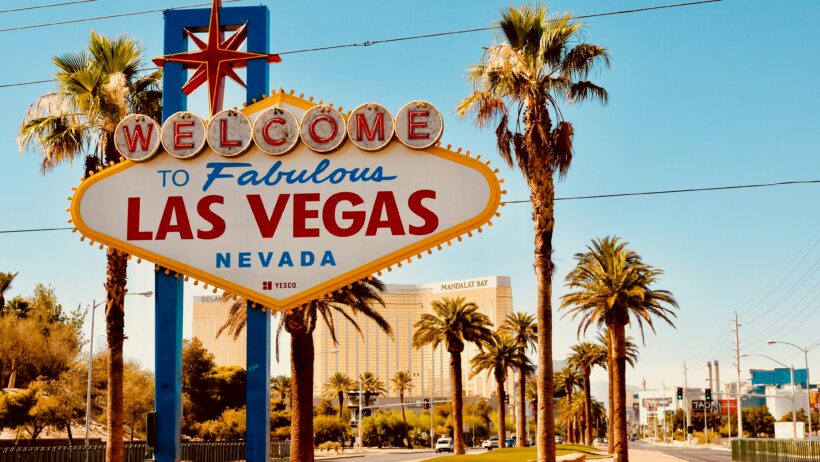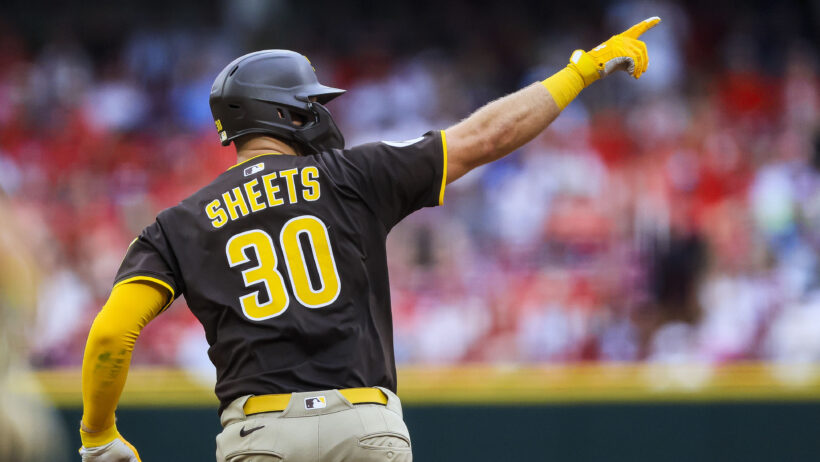Minnesota’s Sports Betting Hopes For 2022 Are Dead
By Robert Linnehan in Sports Betting News
Updated: October 26, 2022 at 8:14 am EDTPublished:

- Minnesota lawmakers did not approve a sports betting bill
- The Minnesota House of Representatives and Senate have different views of sports betting
- Lawmakers will have to wait until 2023 to potentially legalize a bill
Minnesota sports betting will have to wait another year before it potentially becomes a reality.
Despite the House of Representatives approving a sports betting bill earlier in the month, the Senate adjourned over the weekend without addressing the issue. Lawmakers will now have to wait until the 2023 legislative session before taking up sports betting again.
The Senate and House will have to compromise on how they view the future of Minnesota sports betting in the meantime. The House hopes to limit sports betting to the state’s 11 tribes, while the Senate hopes to allow the state’s two racetracks to offer sports betting as well.
Can a Compromise Be Reached for Minnesota Sports Betting?
The Senate Finance Committee approved an amended sports betting bill last week to legalize retail and online sports betting for Minnesota tribes and two state racetracks. However, it was a jarring change from a recently approved House sports betting bill, which limits retail and online sports betting to the state’s 11 tribes.
These were not unexpected changes, but it just shows that both legislative bodies are fairly far apart on what they hope to see in a sports betting bill.
Senate Majority Leader Jeremy Miller (R-28) previously said the Senate would not support the House bill if it did not expand sports betting opportunities for the state racetracks. Rep. Zack Stephenson (DFL-Coon Rapids), main sponsor of the House approved sports betting bill, created the bill to give sports betting control only to the state tribes and never once publicly stated he hoped to include any other organization in the law.
Will Tribes Pull Support if Sports Betting is Expanded?
Adding to the complexity of the issue is the state’s 11 tribes. The tribes publicly decried the Senate amendment to expand sports betting to the state’s racetracks. The 10-member Minnesota Indian Gaming Association (MIGA) sent a letter to the Senate Finance Committee roundly rejecting the amendment to expand sports betting to state racetracks.
“Through the stakeholder process, Rep. Stephenson, Rep. Garofalo and other crafted a bill that accomplishes the goal of providing a safe and competitive marketplace for Minnesota sports bettors without threatening the viability of tribal gaming in the state. Therefore, nine of the 10 MIGA tribes offer their full and active support for the current version of HF 778, while one member of the association does not. If amended by the A-22 amendment, which expands commercial gaming, all 10 MIGA tribes would then oppose the legislation,” MIGA reps wrote in their letter.
At the last Senate Finance Committee meeting, Sen. Roger Chamberlain (R-Lino Lakes) said the state and the tribes have discussed sports betting for the past three years. Chamberlain said he is confident a compromise can be reached, but Minnesota needs the racetracks and additional online operators to ensure a healthy sports betting market for its consumers.
Competition for operators is key to give consumers the best possible product, Chamberlain said.
“If this is going to work and be a good product, we have to have competition. The way it’s set up, I don’t know how we can get that with just the tribes. They have argued they don’t want competition with each other,” he said.
Minnesota Sports Betting Details
Both bills create up to two master online sports betting licenses for state tribes. This includes the potential for individual online sports betting sub-licenses for each individual tribe. Both bills will also legalize Minnesota retail and online sports betting.
The bills sets the minimum age of participation at 21 and allows betting on college sports. They call for a 10% sports betting tax rate on both online and in-person sports bets.
Fees for sports betting licenses were also officially set. These include:
- Online sports betting operator license: $2,125
- Racetrack license: $2,125
- Online sports betting platform provider and service provider: $6,000 application fee, $38,250 license fee, and $8,500 annual renewal fee
- Supplier license: $6,000 application fee, $38,250 license fee, and $8,500 annual renewal fee.
Fees for the master sports betting licenses for the Minnesota tribes were not disclosed. They will be valid for 20 years.
A fiscal analysis shared during the committee hearing estimated $5.6 million in sports betting tax revenues for FY 2024, increasing to $12.8 million in FY 2025. It could grow to between $20 million to $30 million in later years, according to the analysis.

Regulatory Writer and Editor
Rob covers all regulatory developments in online gambling. He specializes in US sports betting news along with casino regulation news as one of the most trusted sources in the country.



